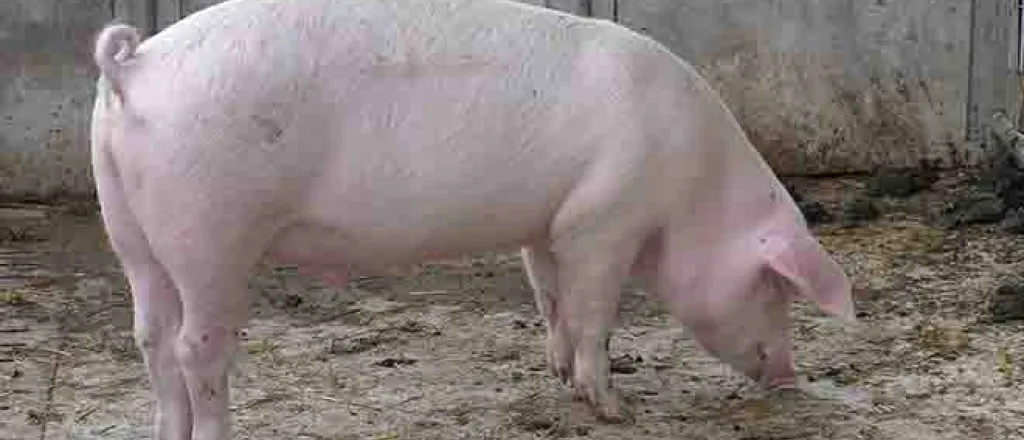
Renewed debate over North Dakota's anti-corporate farming law under way
(Prairie News Service) For the second time in nearly a decade, North Dakota is considering changes to a longstanding law that blocks corporate ownership of farms. With lawmakers now hearing debate, both sides of the issue are laying out arguments. Governor Doug Burgum's administration is behind the proposed changes, arguing the state isn't competitive in livestock production. The bill would add ownership exemptions for certain feedlot operations.
Mark Watne, president of the North Dakota Farmers Union, said not only would it deplete the number of independent producers around the state, but also push profits to out-of-state companies. He added there should instead be focus on solutions within North Dakota's state lines.
"What we need to do is build processing plants, we need to find markets, we need to shore up the supply chain where our farmers and ranchers can make a little bit more money - and then we will grow animals in the state," Watne said. It really comes down to economics."
Opponents also contend farmers can build up ownership by forming cooperatives. A key change in the proposal involves removing swine, dairy, poultry and cattle feeding from the definition of a farm or ranch. Opening a window for corporations to partner with farmers can reverse North Dakota's decline in livestock production and complement its other agricultural output, Burgum's staff has contended.
Watne said the approach sought by the governor and other state leaders has had devastating effects in other states, pointing to a major loss of independent farmers in Oklahoma. He said corporate ownership of agricultural land is bad business for smaller producers.
"So, if you've got somebody rooting chickens or hogs today," Watne said, "they're not going to have a really good place to market unless they sign in with these folks and then they're at the mercy of whatever they come up with for contracts."
He and other opponents noted North Dakota voters overwhelmingly overturned similar changes approved in 2015. Other supporters of the bill include the North Dakota Corn Growers Association, which has said the changes would provide more market opportunities for its members for livestock feed. The plan would still maintain strong restrictions on corporate ownership, the group has also argued. The bill's language sets a limit of 160 acres.

















